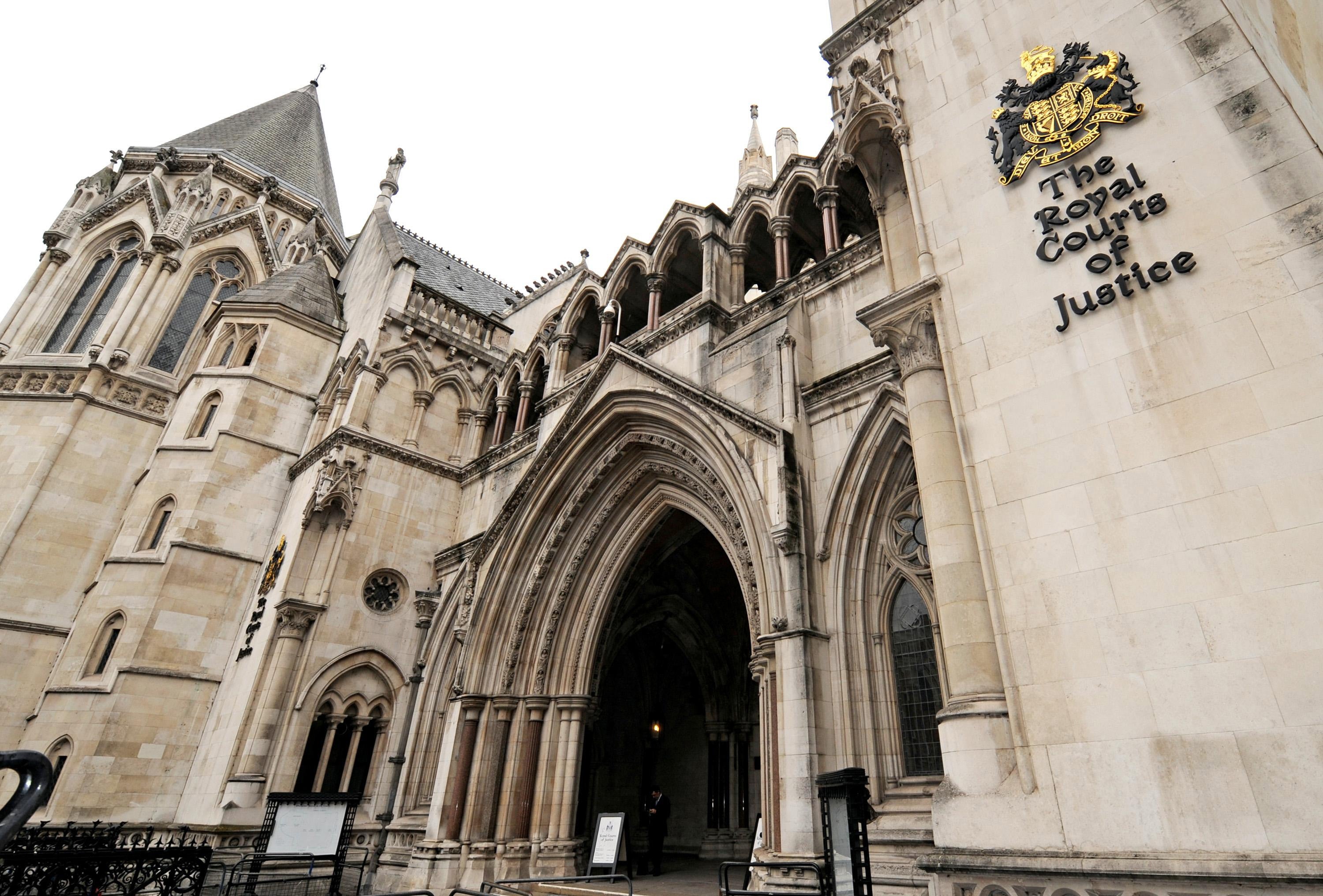Judge asked to decide whether businessman’s ex-wife should get more money
Mr Justice Cohen is analysing the latest round of a long-running fight between James Goddard-Watts and ex-wife Julia at a private High Court hearing

A judge has been asked to decide whether a millionaire businessman – whose family founded the Screwfix chain – should hand over more money to his ex-wife.
Mr Justice Cohen is analysing the latest round of a long-running row between James Goddard-Watts and former wife Julia at a hearing in the Family Division of the High Court in London.
The judge is overseeing a private trial, which is due to end next month, and has placed limits on what can be reported.
Judges have been told Mr and Mrs Goddard-Watts, who are both in their 50s, reached an agreement in 2010 after the end of their 13-year marriage.Mr Goddard-Watts agreed Mrs Goddard-Watts should get a house worth £3.25 million and a £4 million lump sum.
She subsequently complained Mr Goddard-Watts had not revealed the full extent of his wealth.
A judge then concluded Mr Goddard-Watts had “given a false presentation” when making the 2010 agreement, and in 2016 the businessman was told to hand Mrs Goddard-Watts more than £6 million.
Mrs Goddard-Watts returned to court again in 2018 and made a further complaint.
She said Mr Goddard-Watts had not given full detail about the potential value of a deal he was involved in.
A judge ruled in her favour in late 2019.
Mr Justice Holman said if the pair could not agree on a sum, a judge should again reassess evidence and decide if Mrs Goddard-Watts should get more money.
He said a case in which a woman had twice complained about “non-disclosure” after a settlement was “vanishingly rare” and “probably unique”.
